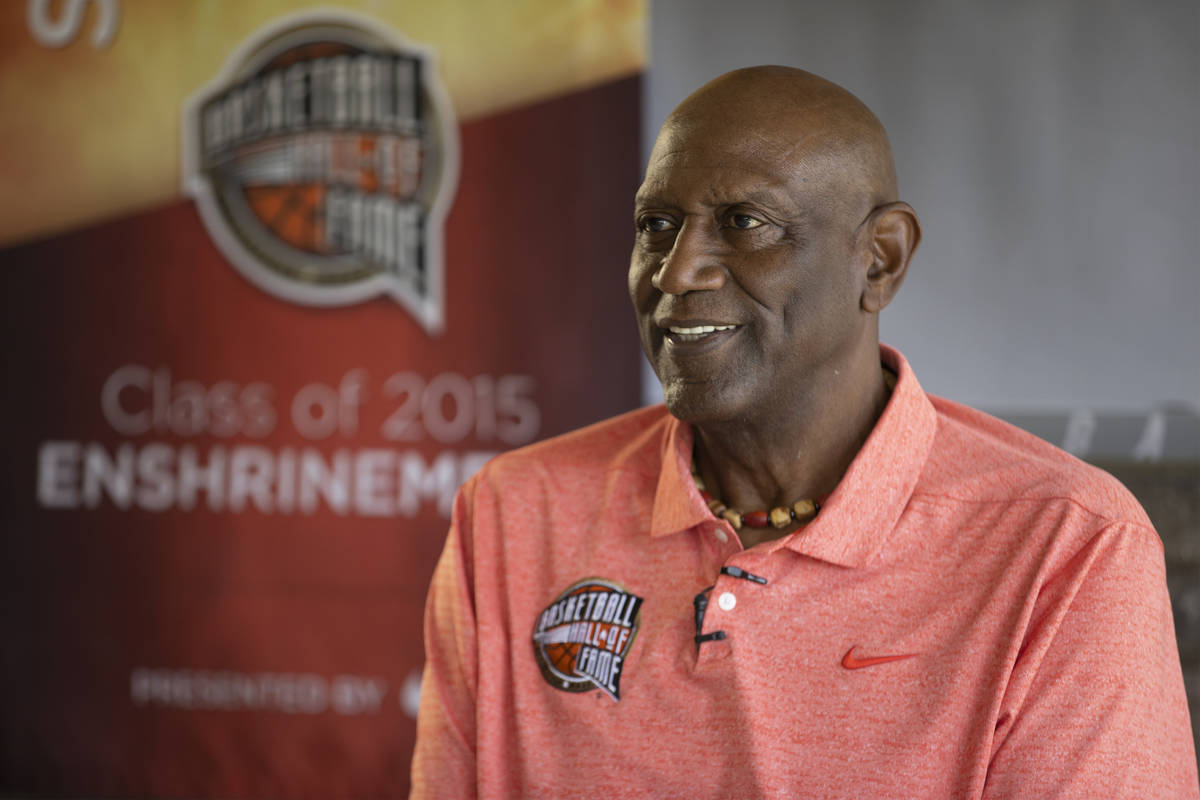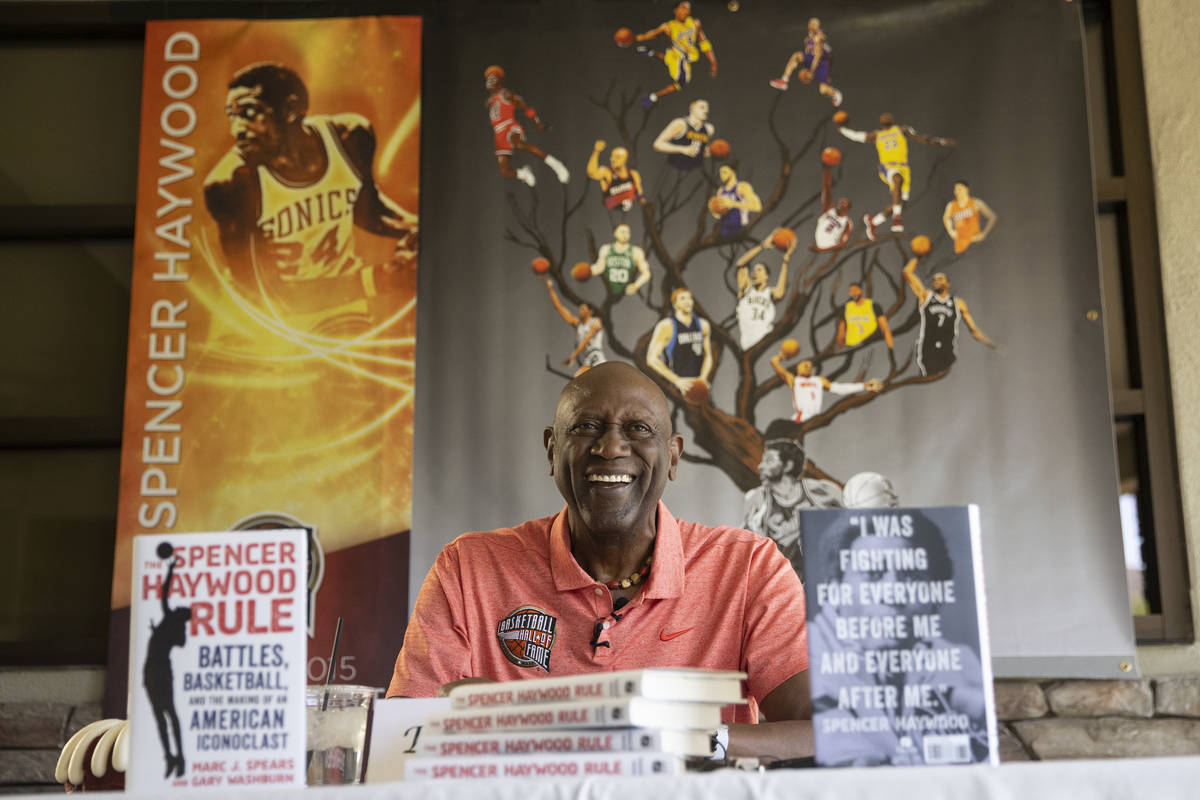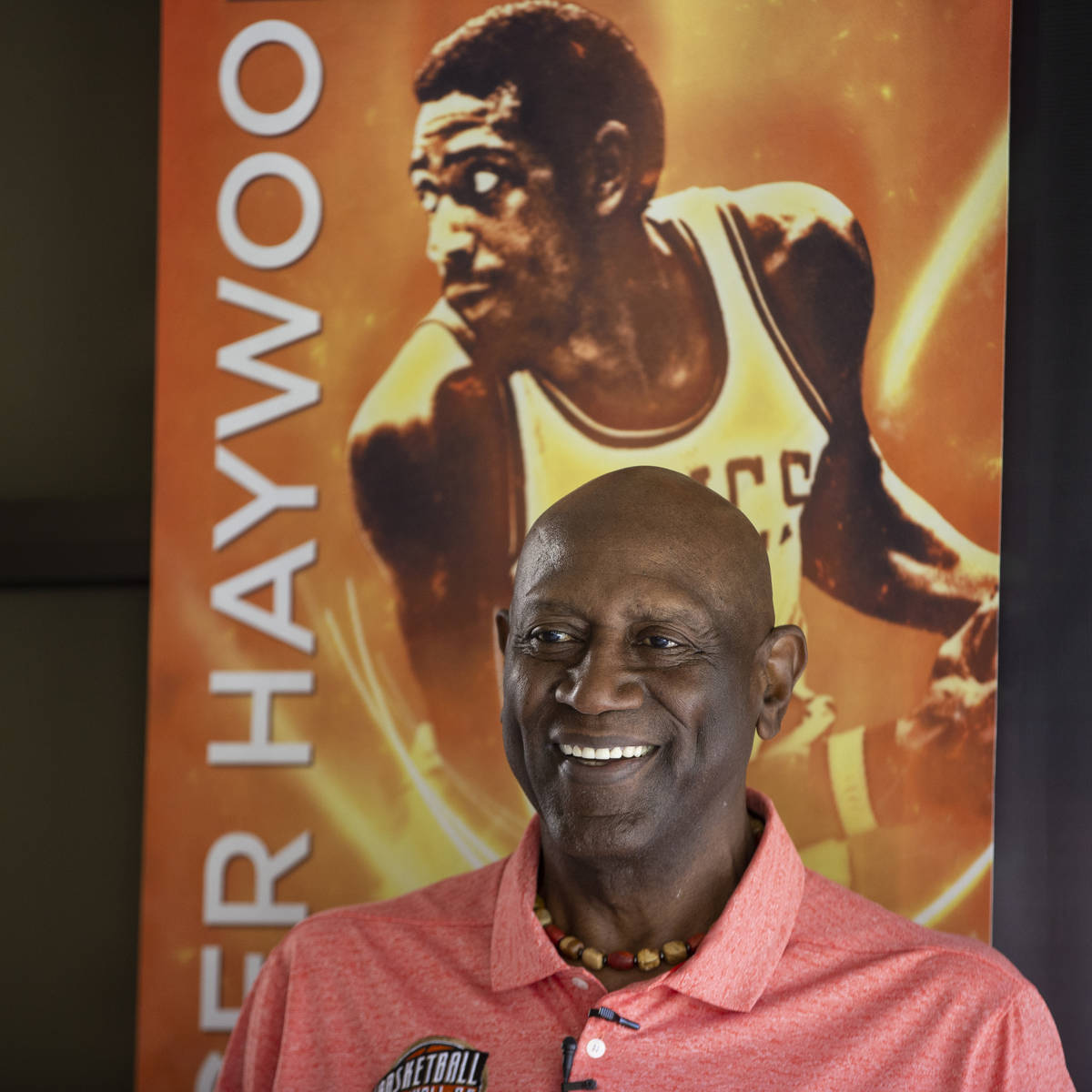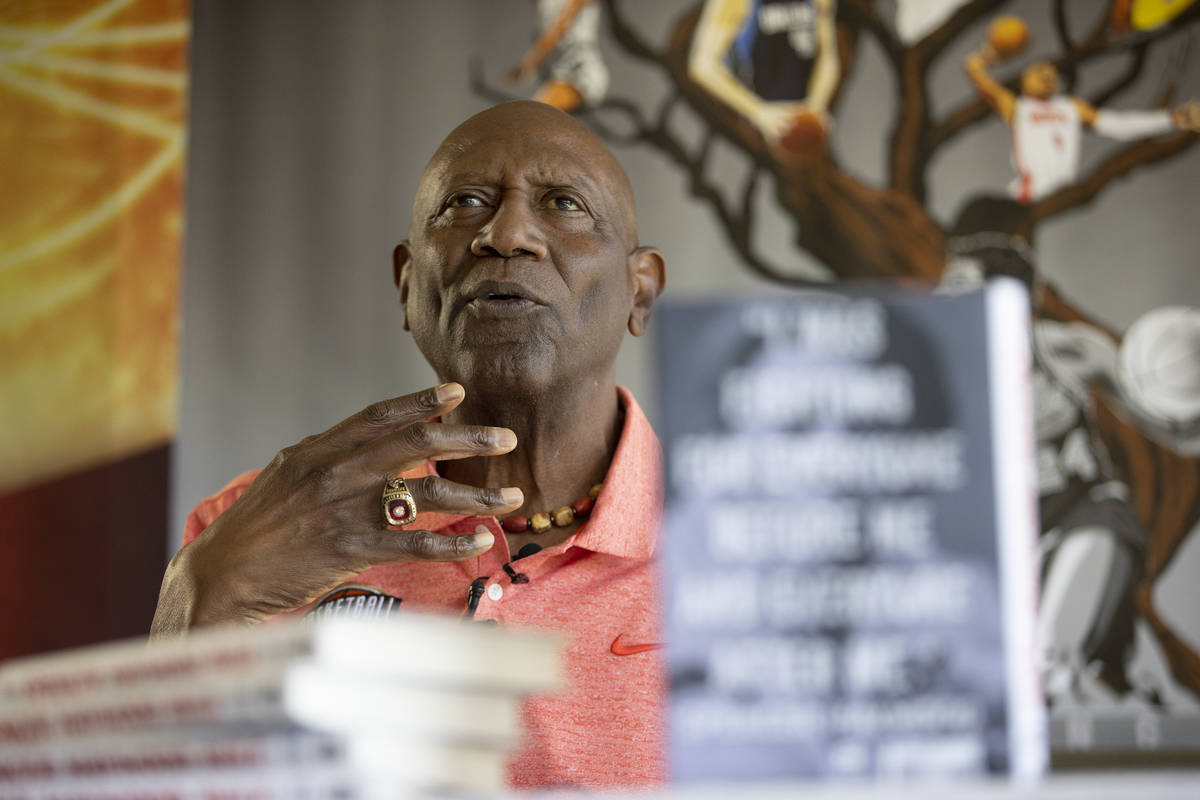Spencer Haywood’s challenge paved way for Kobe Bryant, Kevin Garnett
Spencer Haywood’s journey to basketball superstardom started in Silver City, Mississippi, continued in cities like Seattle, New York and Washington and concluded in Springfield, Massachusetts — home of the Naismith Memorial Basketball Hall of Fame.
Haywood now lives in Las Vegas but returned to the Hall of Fame this weekend to enjoy its annual induction ceremony and all the festivities that come with it.
The 72-year-old was inducted in 2015 and is on hand to watch the enshrinement of Kobe Bryant and Kevin Garnett, among others — well aware of his ties to their greatness.
Haywood in 1971 challenged an NBA rule that didn’t allow players to play in the league until they were four years removed from high school graduation. His case was argued before the Supreme Court, and the nine justices ruled unanimously in Haywood’s favor — allowing him to play in the NBA three years after graduating.
The landmark decision allowed numerous high school graduates — like Bryant and Garnett — to declare their eligibility for the NBA draft. College underclassmen were allowed to declare, too.
Haywood recently spoke to the Review-Journal about the 50th anniversary of the Spencer Haywood Rule and how it changed basketball.
Answers were edited for length and clarity.
RJ: Did you know at the time of the lawsuit that you were making history?
Haywood: I knew it. The press every day was hounding. The NCAA had press conferences always. Every day, stating that ‘If he wins this case. We’re going to lose all of our revenue. Oh, I’m sorry we’re not supposed to say revenue. … We’re going to lose our money if these players leave early.’
The NBA was just fighting on that bedrock principle that we have a farm system, if you stay four years, we have a nice farm system. We can weed out all the players we (don’t want) and the players we want.
Everybody was just in collusion with this whole idea, and here I am, a poor boy from Silver City, Mississippi, standing up to this whole system. I was 21 years old. I’m just walking in the light.
RJ: You challenged this entire league. How did you know it was the right thing to do?
Haywood: My mother was still picking cotton for $2 a day in Silver City, Mississippi. Her back had gone out, so she was crawling on the ground picking cotton. I knew that I’m fighting for my mother and my family first and foremost.
RJ: Did you ever get discouraged going through this process?
Haywood: I was totally discouraged most of the time. Because they would do horrible things to me. Let me walk out on the floor and say ‘Ladies and gentlemen, we have an illegal player on the floor. No. 24. He must be escorted off this ground.’ They would put me out onto the snow. But that was the battle. I wanted to call it quits, but my mom would say ‘You’re doing the Lord’s work.’ You get tunnel vision. It was much bigger than me. That was the key and the cornerstone.
RJ: Did you know your victory was going to change basketball?
Haywood: Immediately. The groundbreaking effects were all of a sudden, all the players — Julius (Erving), everybody was like ‘How is it to play? How is it to break the rule? I’m going to the ABA first, but I’m coming right over to the NBA.’ Him, George Gervin, Moses (Malone), everybody was like ‘I’m out of here.’
RJ: You took a stand. You did something unprecedented. Are there any athletes in particular now that you admire for their stances?
Haywood: The one guy that stands out to me, LeBron James. He’s been a stand-up person. A good person who’s trying to do the right thing. The WNBA girls, those ladies are serious. You see so much. I see hockey players. I see baseball players. Not just Black people, but of other hues, standing up and making a statement. Soccer players in Europe. It’s this movement that’s taking place, and it’s a good movement.
RJ: Players were allowed to go to the NBA straight from high school for the longest time. Do you think that should still be the case?
Haywood: Yeah. We’re celebrating two great players who left high school and played in the NBA, and now they’re going into the Hall of Fame.
Contact reporter Sam Gordon at sgordon@reviewjournal.com. Follow @BySamGordon on Twitter.
Former NBA players to be enshrined Saturday
Kobe Bryant: The late Los Angeles Lakers star was named to 18 All-Star teams, 11 All-NBA first teams and nine All-Defensive first teams. A five-time NBA champion and two-time NBA Finals MVP who won the 2007-08 MVP once scored 81 points in an NBA game, the second most in league history.
Tim Duncan: The San Antonio Spurs icon was a 15-time All-Star, 10-time All-NBA first-team honoree and eight-time All-Defensive first team selection. A five-time NBA champion, two-time NBA MVP and three-time NBA Finals MVP, Duncan is widely regarded as the best power forward in league history.
Kevin Garnett: The Minnesota Timberwolves and Boston Celtics standout guided Boston to the 2007-08 NBA title and was a 15-time All-Star and nine-time All-Defensive first team pick. He won the 2003-04 NBA MVP and 2007-08 Defensive Player of the Year and is among the most versatile and skilled bigs in league history.





















